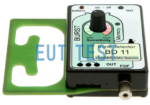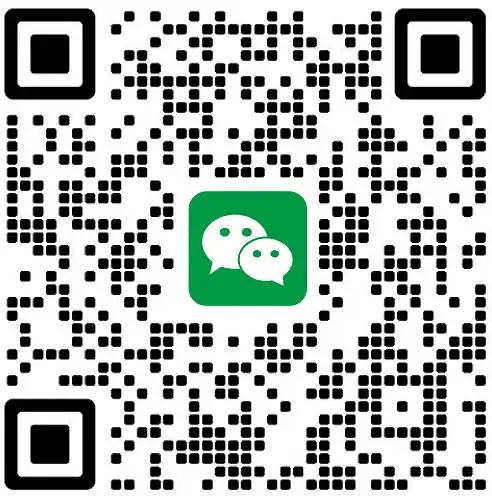Introduction:
A300-1 set and A300-2 set are manufactured by langer company in Germany and authorized by EUTTEST in Shenzhen.The bandwidth is DC-5MHz, A300-1 set and A300-2 set are two different combination models, they contain the same model number of accessories, but the quantity is different.
A300-1 set Combination set containing 1 x AE300 optical receiver and 1 x AS300 photoconverter.
A300-2 set Combination set containing 2 x AE300 optical receivers and 2 x AS300 photoconverters.
<<<<提醒:左右滑动表格>>>>| Model number | optical receiver | Optical converter | make a distinction |
| A300-1 set | 1 AE300 | 1 AS300 | Test 1 pin at a time |
| A300-2 set | 2 AE300 | 2 AS300 | Test 2 pins simultaneously |
Let's start with a detailed description of the accessories they all include, the AS300
AS300 photoconverter:
The sensor AS300 measures the analog signals in the EUT and converts the measured analog signals into optical signals. The optical signals are transmitted via fiber optics to the optical input of the oscilloscope, which in turn converts the optical signals into electronic analog signals for the optical receiver AE300.The oscilloscope can display these signals or use them to control other devices.
The AS300 can display analog signals under the influence of EFT/ESD/HF interference onto an oscilloscope. The system is particularly well suited for testing analog signals when testing the immunity of electrical or electronic equipment to high-frequency electromagnetic fields (IEC 61000-4-3 to IEC 61000 -4-6). A given modulation of an electromagnetic field will have an effect on the analog signal, and the A100, A200 and A300 series analog signal measurement systems are able to quickly identify these effects. The probe contains a sensor that measures the analog signal in the object under test and converts the measured analog signal into an optical signal. The optical signal is transmitted via fiber optics to the optical input of the oscilloscope; the optical input converts the optical signal into an electrical analog signal. The oscilloscope can display these signals or use them to control other devices.
How to use 🡪Langer-emv Analog to Fiber Optic Signal Sensor Usage
Technical parameters:
<<<<提醒:左右滑动表格>>>>| bandwidths | DC -5MHz |
| sampling rate | 12.5 Msps |
| resolution (of a photo) | 10 Bit |
| AE 200 Optical Receiver | |
| bandwidths | DC-5MHz |
| Optical input: fiber optic | Ø 2.2 mm |
| Output Voltage Range | ±1V |
| Supply Voltage | 12 V -16 V |
| Current Input | ≈ 90 mA |
| output interface | BNC |
| AS 200 Optical Sensor | |
| bandwidths | DC-5MHz |
| Measurement range | ±10V |
| input resistance | 100 kΩ |
| radiation resistance | > 200 V/m |
| Supply Voltage | 4.5 V -16 V |
| Current Input | 70 mA (4.5V) 30 mA (16V) |
| length of light | 1 m -20 m |








